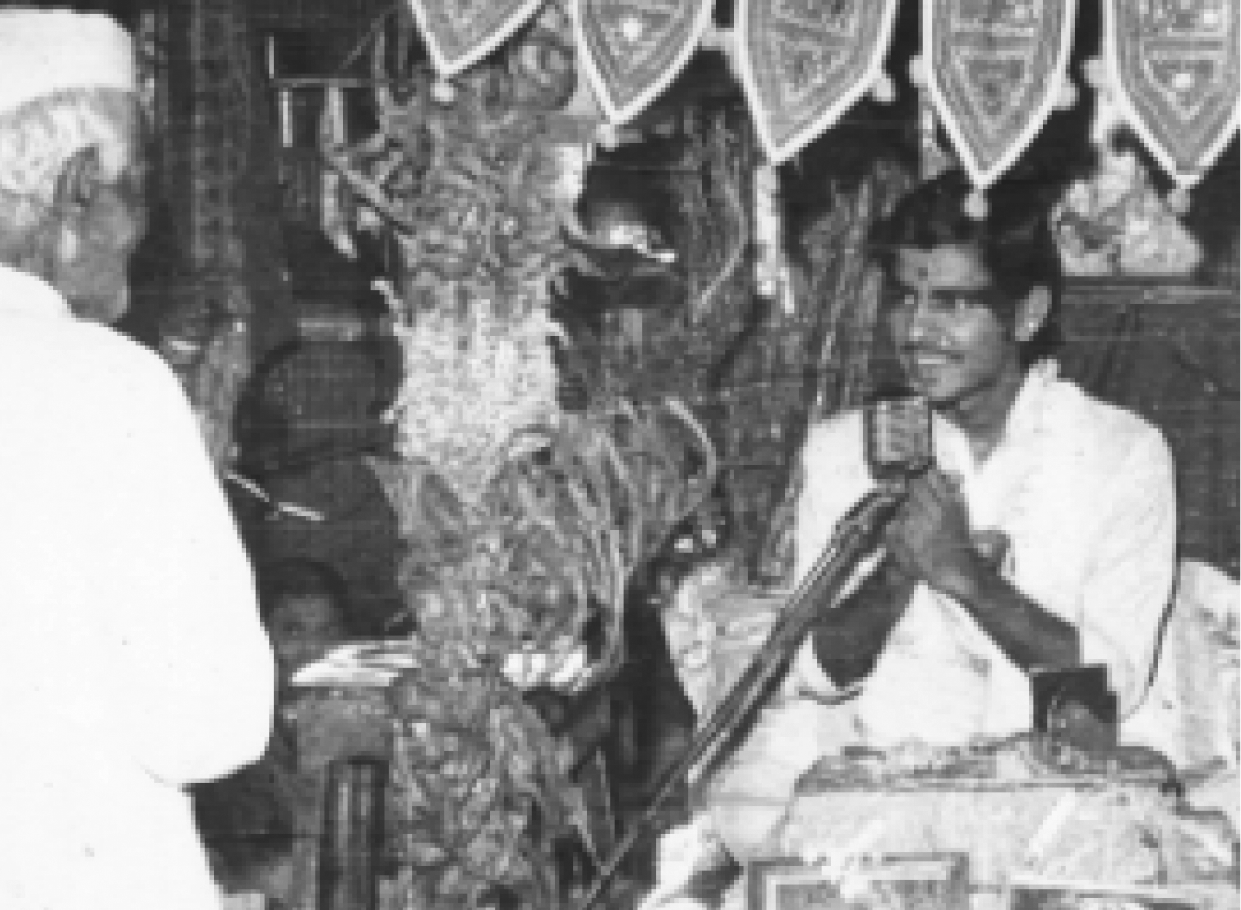Pujya Bhaishri’s Vision
One of India’s most revered spiritual leaders, Pujya Bhaishri Shri Rameshbhai Oza has dedicated his life to sharing the eternal wisdom of Sanatan Dharma through Kathas and discourses. He is also using education as a tool to nurture Indian culture and values in children. He is considered a mentor and guide to many around the world.
His motto “Vasudhaiv Kutumbakam” (the whole world is one family) shows clearly in his goals to establish humanity, create a world of peace, love, compassion, brotherhood and awaken spirituality.
Pujya Bhaishri’s life and work has been and is a divine Yagya (offering), an embodiment of the combination of Gyan (knowledge), Bhakti (devotion) and Karma (actions/duty). He has led the path of devotion through satsang, tirtha yatras and Anushthans and has set up initiatives to create ambassadors of Indian Hindu culture.
He instils these values by undertaking humanitarian work including providing aid in response to disasters and serving the underprivileged. His life’s journey is a continuous pursuit for the betterment of society.



















